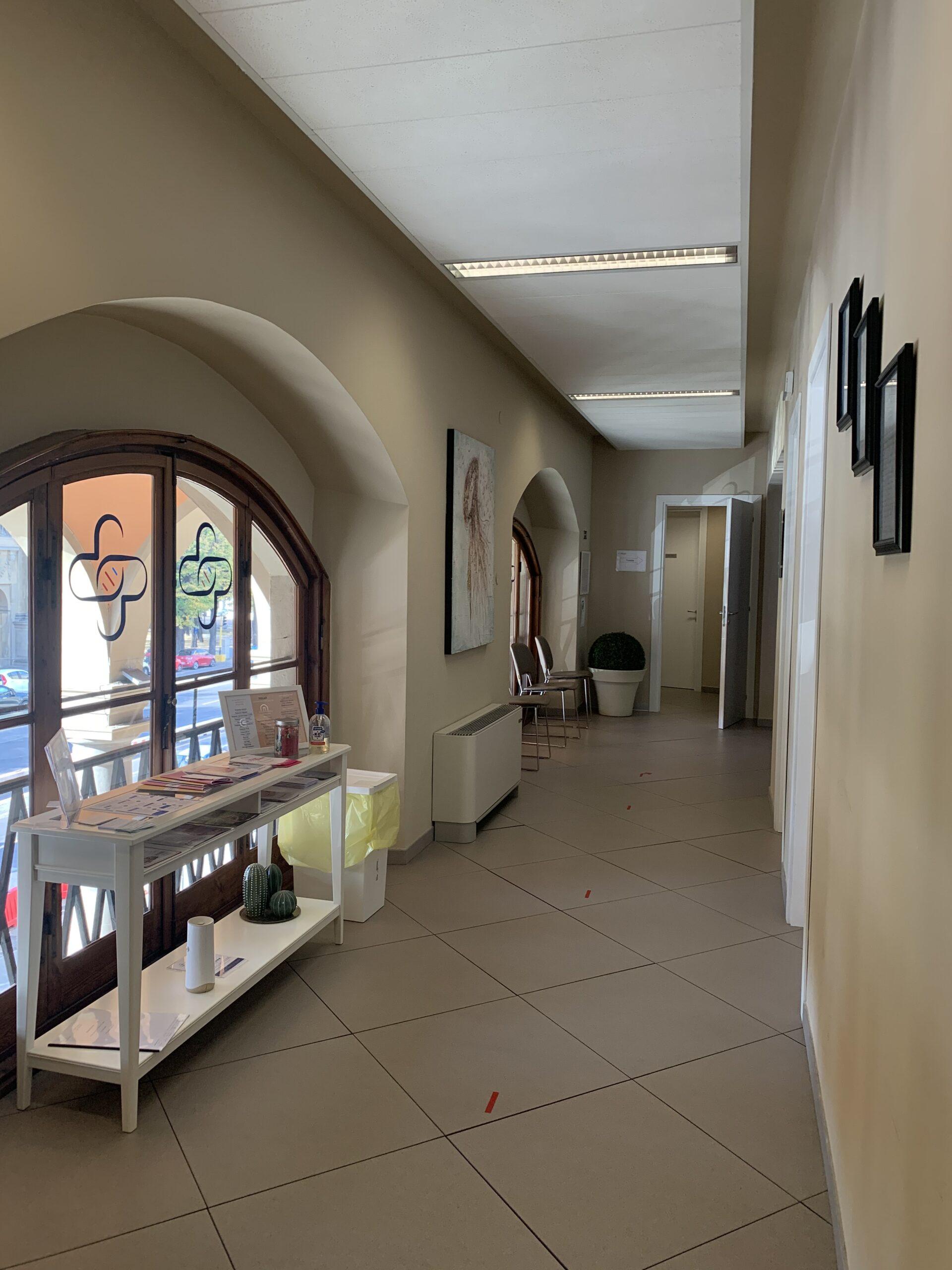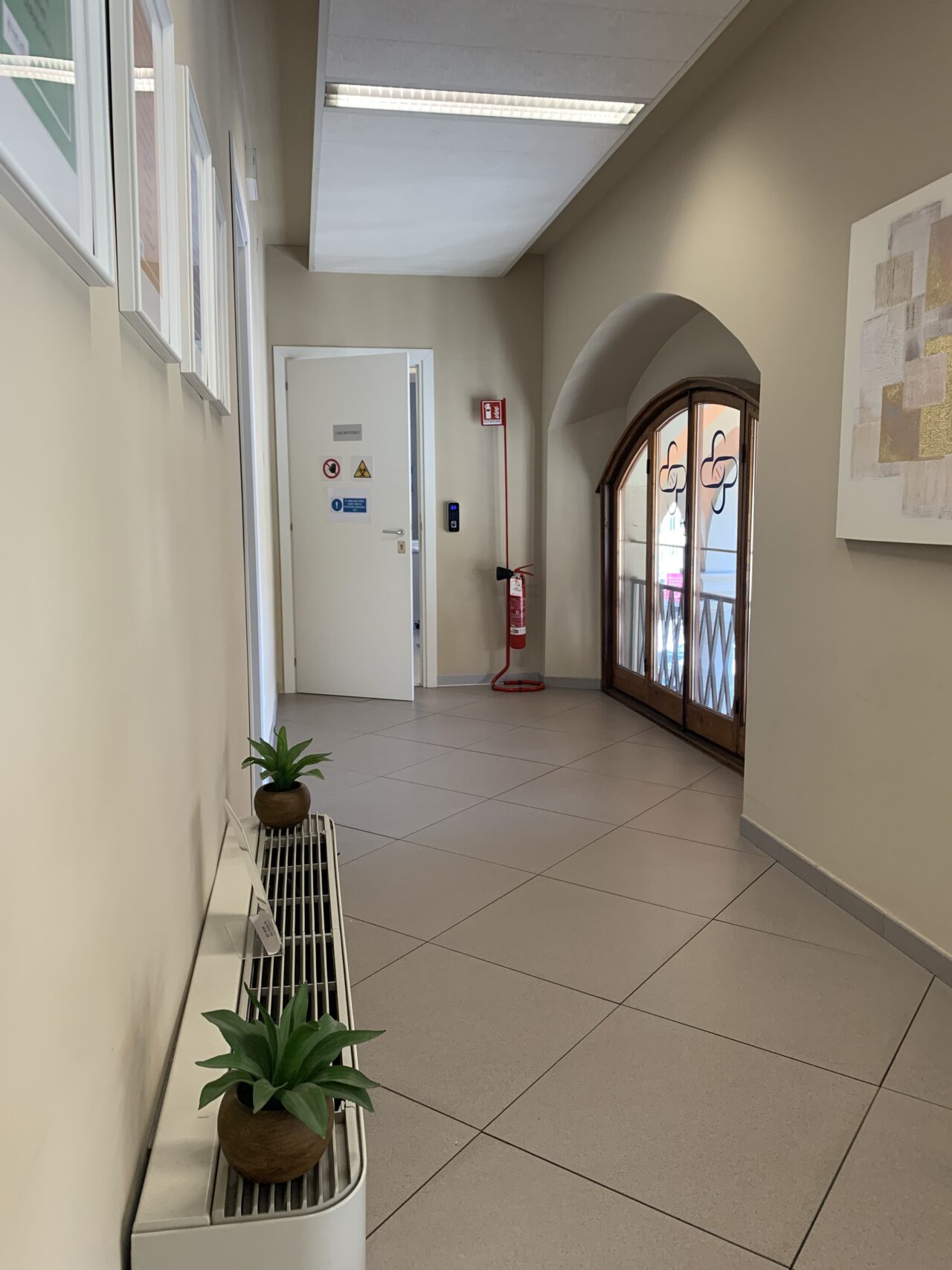When is Helab born?
The Medical Analysis Center Helab was founded in 2020 in the heart of Florence, Piazza della Libertà 13 but it was already active in another location for more than 10 years in the field of microbiology.
What do we specialise in at HElab?
The laboratory specializes in microbiological analyses of male and female urogenital organs: vaginal swabs, urethra, sexually transmitted infections research are just part of the wide range of analyses that Helab offers its patients and for which it is equipped with the most innovative bio-molecular level instrumentation (PCR methods).
What tests can I do in Helab?
At the laboratory it is possible to carry out female and male urogenital myobiological analysis (vaginal swabs, endourethral, HPV test, lesion swabs, examinations on seminal fluid), cervical vaginal cytology analysis (pap test) and endometrial and urinary cytology, blood and urine tests, breath tests, food intolerance and allergy tests and genetic tests.
But is it just a laboratory analysis and point of sampling?
The laboratory is supported by a multidisciplinary team of medical specialists (gynecologists, urologists, nutritionists, dermatologists, psychologists, osteopaths, ophthalmologists) in order to ensure a unique service of continuity between analysis, diagnosis and patient care.
The HeLab Centre team also speaks several languages, and its services are able to accommodate the multiculturalism that Florence offers.
Why is it called HeLab?
The name of our Medical Center honors the first two letters of the name and surname of a woman who lived in the 1920s and died very young due to a cancer. Despite the fatal outcome of the woman, It was from the biopsy of his tumor that we obtained cancer cells called and marketed as HELA.
These cancer cells have made a considerable contribution to modern biology, medicine and genetics, since due to a modification undergone by the Human Papilloma Virus, they are ‘immortalized’, that is transmitted in vitro without ever dying.
The specialization of our laboratory is precisely the study of sexually transmitted infections, including the study of HPV (acronym of Human Papilloma Virus), so we felt it was necessary to honor a woman who has contributed to many scientific studies.


